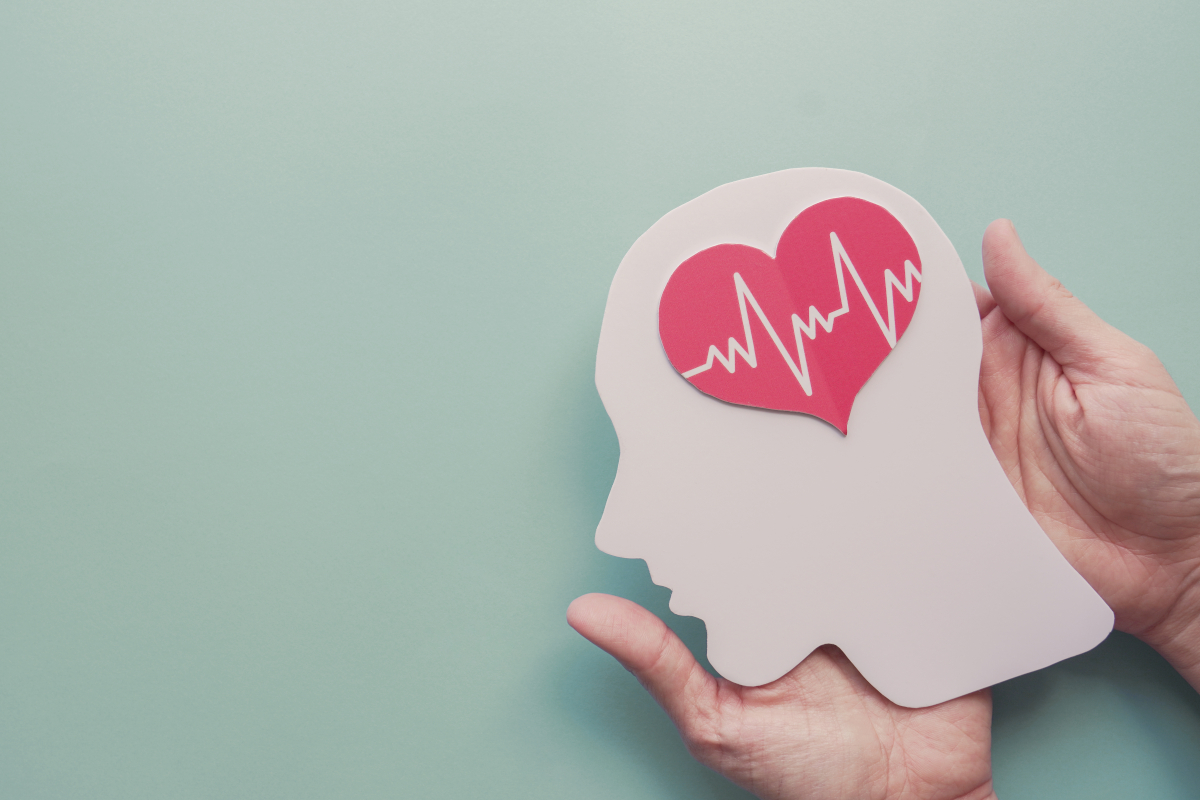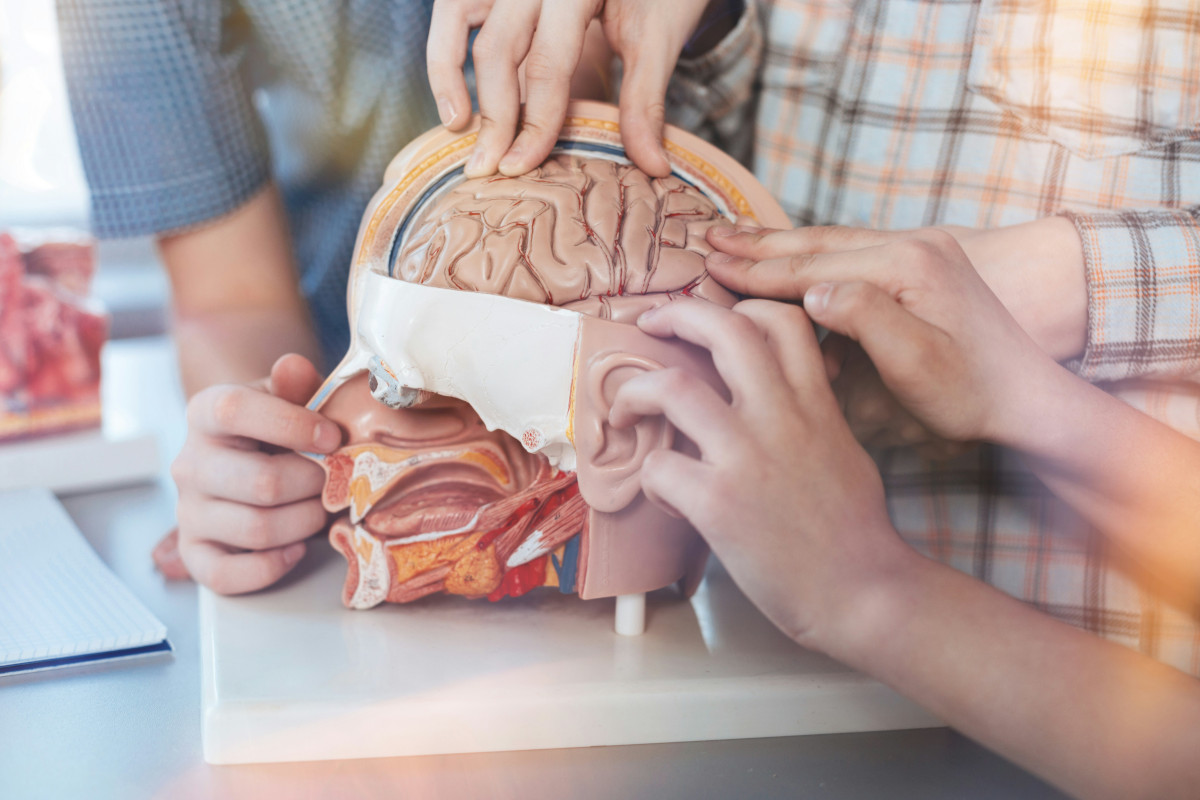Restful sleep helps prevent migraine attacks
Classic advice for migraineurs: always try to go to sleep and get up at the same time every day. Including weekends. Seven hours of sleep a night is a good figure to aim for. Why is it important?
-
References
Iliff J et al. A paravascular pathway facilitates CSF flow through the brain parenchyma and the clearance of interstitial solutes, including amyloid β. Sci Transl Med. 2012 Aug 15; 4(147): 147ra111. doi: 10.1126/scitranslmed.3003748.
Jessen N et al. The Glymphatic System: A Beginner's Guide. Neurochem Res. 2015 Dec; 40(12): 2583–99. doi: 10.1007/s11064-015-1581-6. Epub 2015 May 7. Review.
Nedergaard M. et al. Nächtliche Gehirnwäsche. Spektrum der Wissenschaft 12/2016, Spektrum Verlag.
O'Donnell J et al. Distinct functional states of astrocytes during sleep and wakefulness: Is norepinephrine the master regulator? Curr Sleep Med Rep. 2015 Mar; 1(1): 1–8. Epub 2015 Jan 29.
Raper D et al. How Do Meningeal Lymphatic Vessels Drain the CNS? Trends Neurosci. 2016 Sep; 39(9): 581–586. doi: 10.1016/j.tins.2016.07.001. Epub 2016 Jul 25. Review.
Simon M et al. Regulation of cerebrospinal fluid (CSF) flow in neurodegenerative, neurovascular and neuroinflammatory disease. Biochim Biophys Acta. 2016 Mar; 1862(3): 442–51. doi: 10.1016/j.bbadis.2015.10.014. Epub 2015 Oct 22. Review.
Spektrum der Wissenschaft Dossier: Gehirn und Geist, Spektrum Verlag, Heidelberg, 2012.
Spektrum der Wissenschaft Kompakt: Schlafen und Träumen. Spektrum Verlag, Heidelberg, 2015.






















